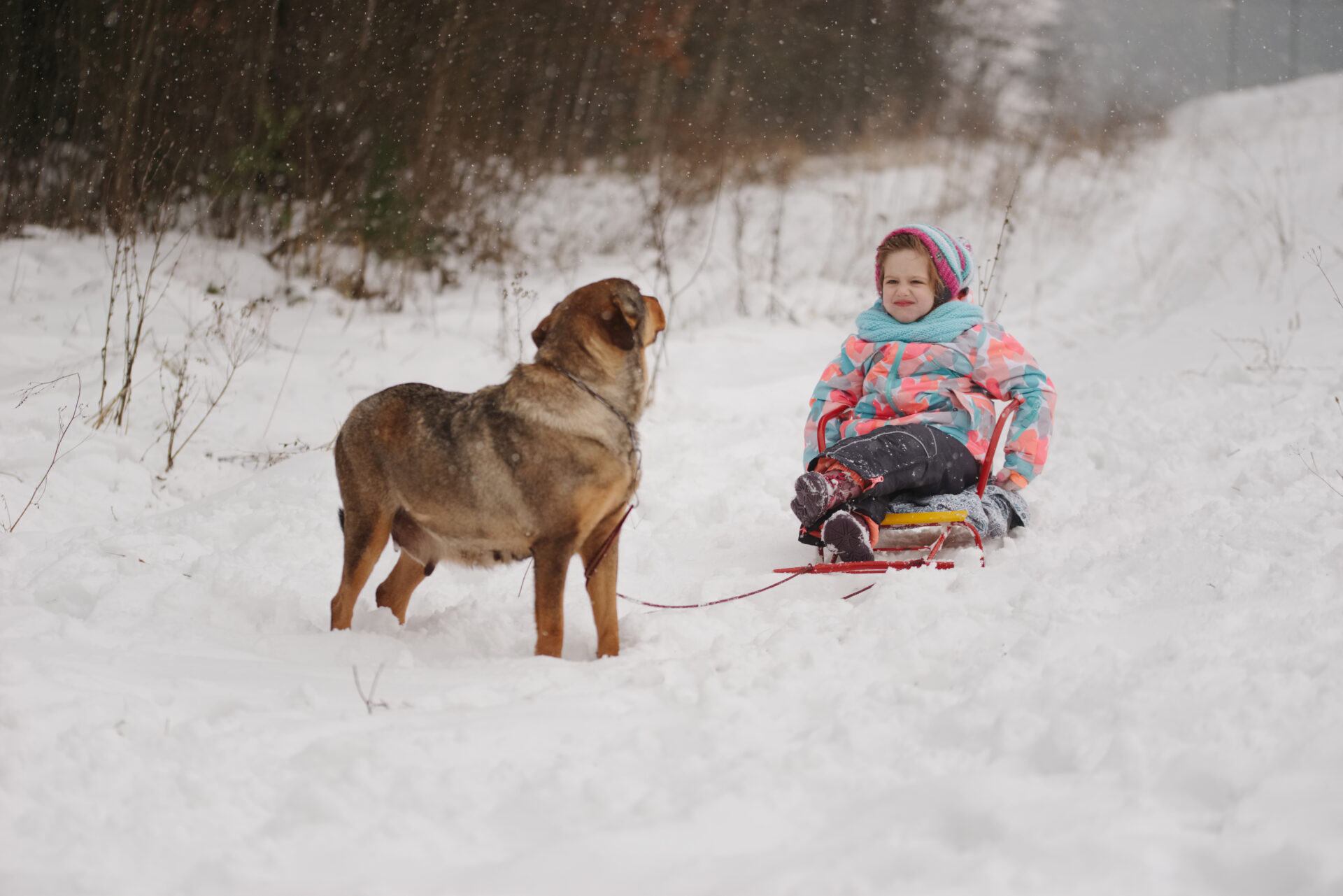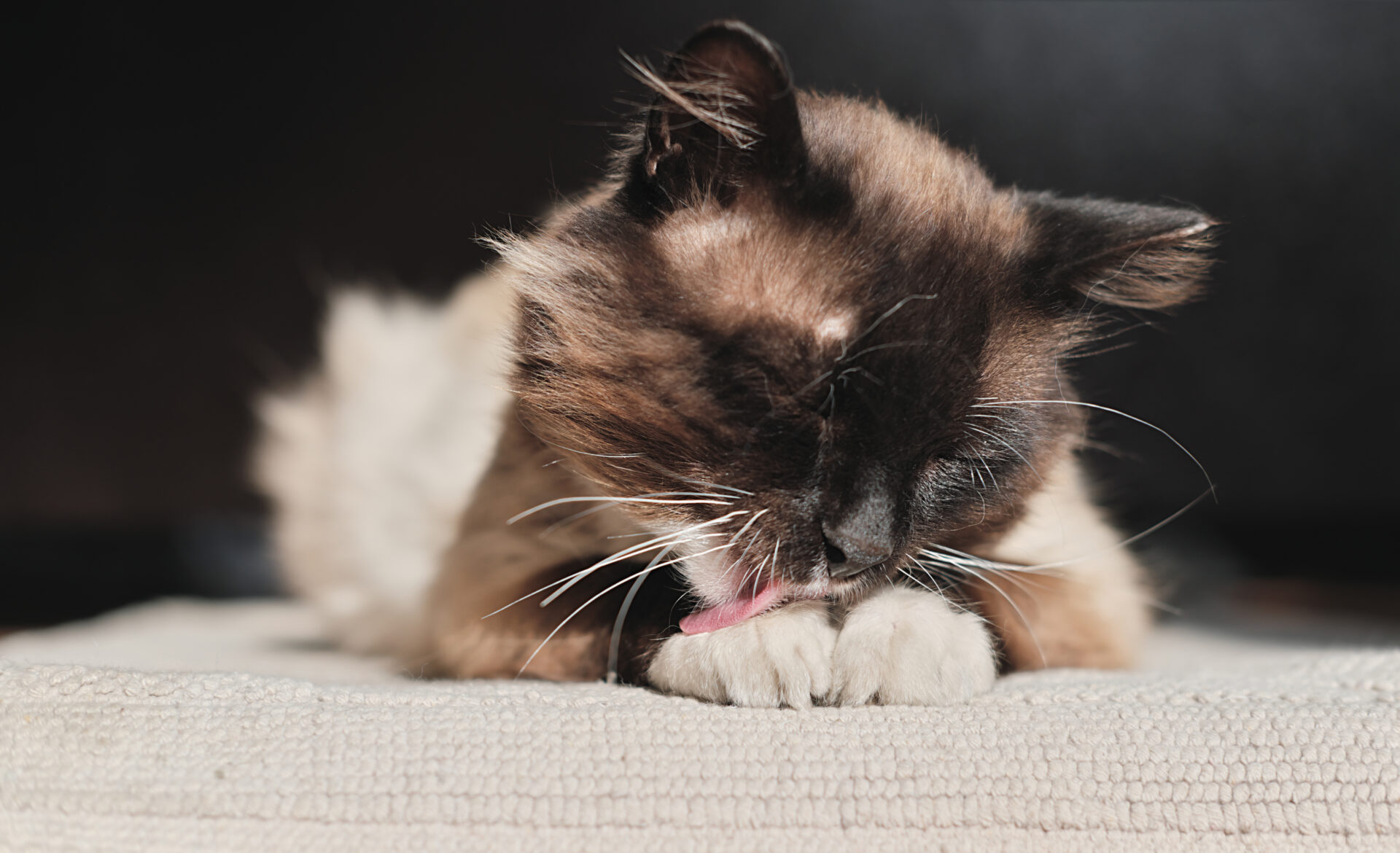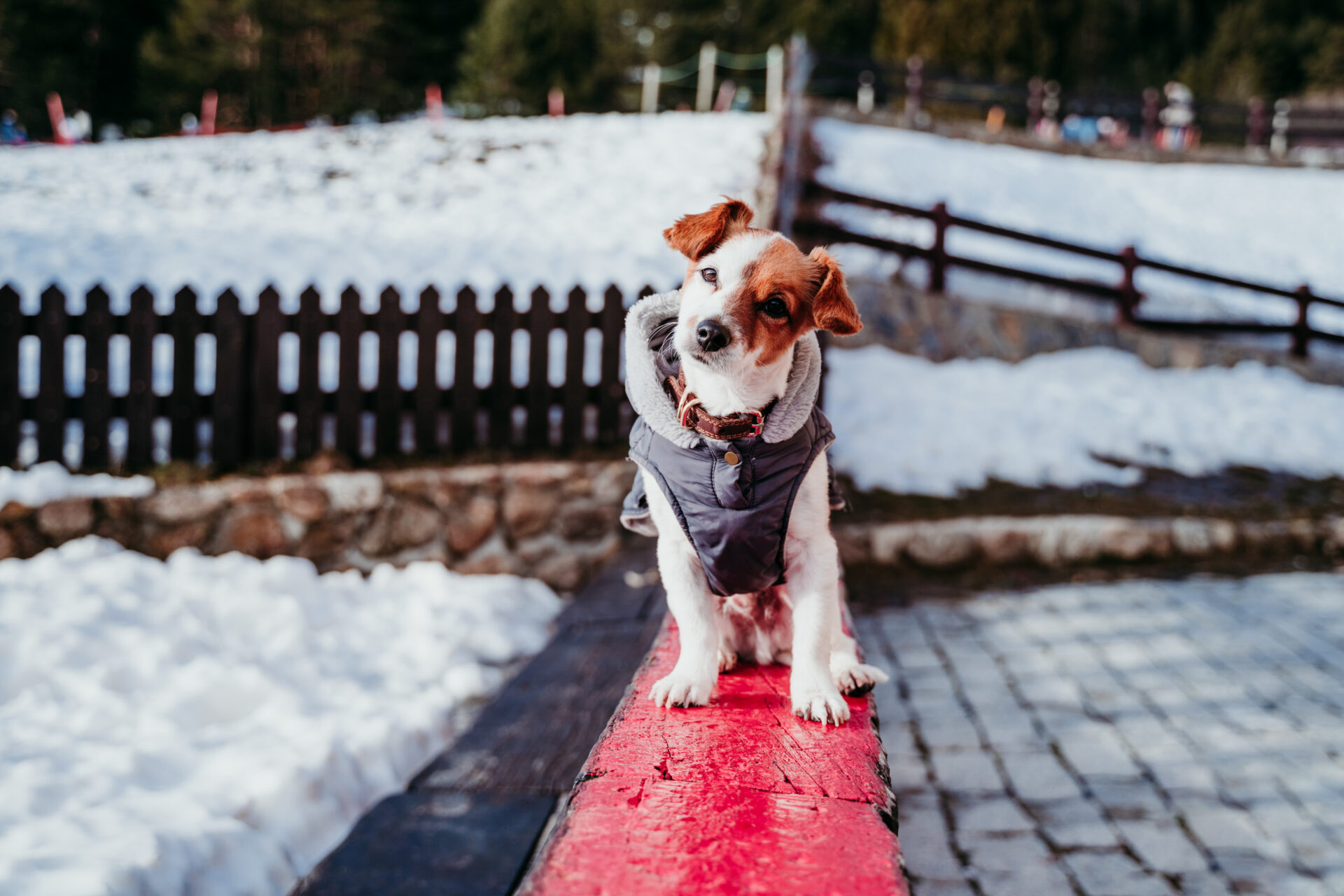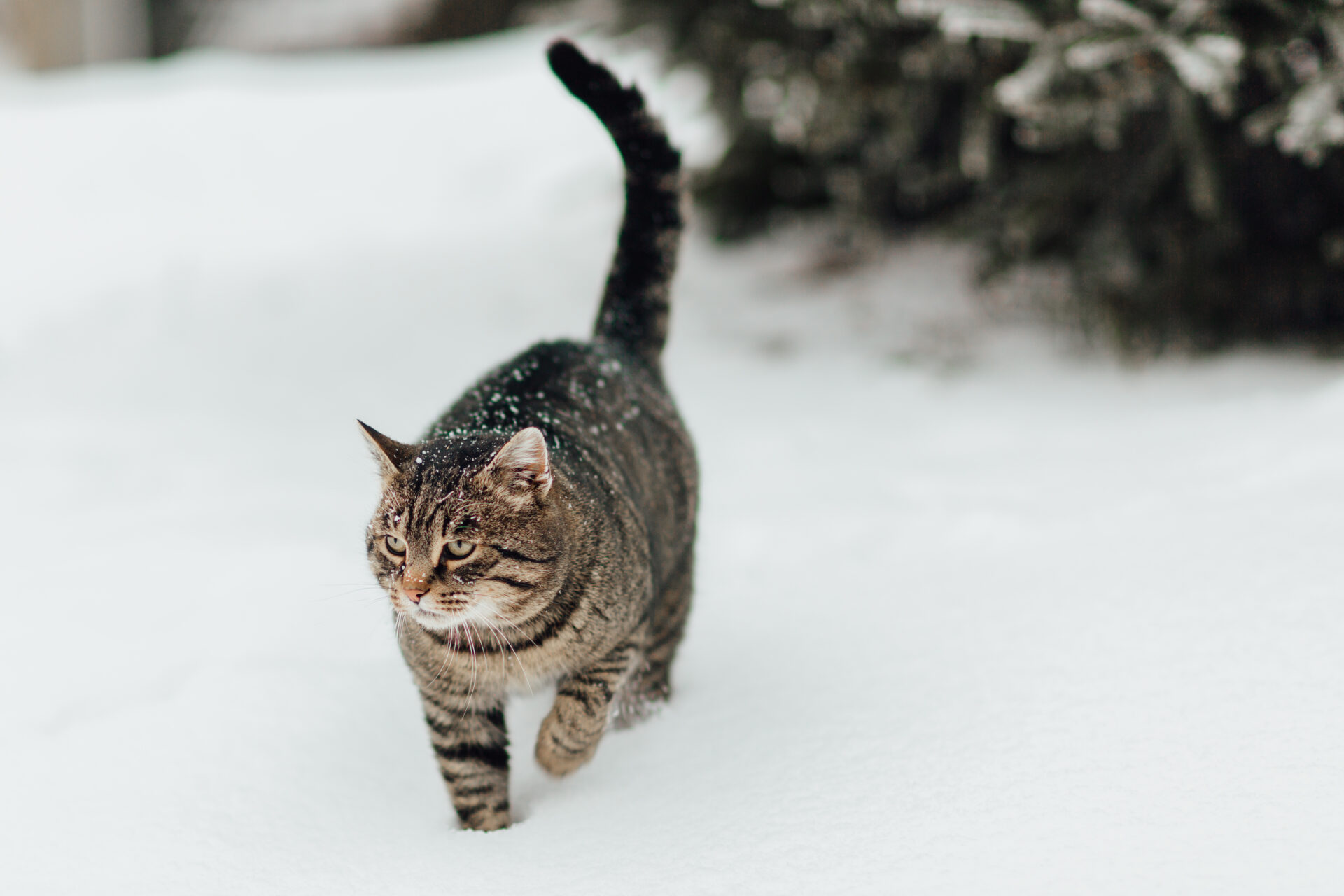Preparing Your Pets For Cold Weather
Preparing Your Pets For Cold Weather
Vancouverites are well-accustomed to erratic weather. With these recent gloriously sunny autumns, it’s easy to forget that winter is, indeed, coming. Different pets have different thresholds for cold temperatures, and their winter protection should be tailored to their needs. Here are the best tips for preparing your pets for cold weather.
Create a Warm Shelter
If you have outdoor cats or dogs who like to stay out in the yard, making a cozy shelter on your property can give them an outdoor refuge. Assure the spot can remain dry in wet weather, and sheltered from heavy wind. You could try this super cute Heated Cat House, or make your own with a moisture-wicking blanket or piece of burlap tucked into the base.

Pace It Out
Be cautious about leaving your pet in the cold for long periods of time. You may be inclined to believe they would instinctively return to the house, but domestic animals may not realize they have overstayed their winter welcome. A pet’s resistance to the cold can depend on many factors. One must take into account breed, coat density, health or illness, physical condition, and age, among other things. Senior animals, puppies, and kittens are more vulnerable to cold temperatures and will need to return to a warm bed sooner. The safest thing to do is ask your vet, who can take these elements into consideration and help you decide on a time limit.
Paws-itively Essential
Make sure to dry feet upon re-entry to your house, both to protect your furniture from muddy prints and to keep their feet healthy. Wet paws collect dirt and debris and can cause difficulties for pets with sensitive pads. The cold weather can also result in dry paw pads that can bleed and be painful. Try a paw balm to heal any weather-caused cracks. You could even attempt to skirt the problem altogether with a pair of dog booties. The jury is out on whether you could convince your cat to wear them.

Pay Attention To Their Ears And Noses
Wet and cold inner ears can easily turn into ear infections. And that goes for humans too. Assure ears are healthy and wipe them off if they seem damp. Noses can also be susceptible to cold temperatures and bitey winds, so mop up those drippy snouts when they come inside. The previously mentioned balm can also be applied to dry noses if cracking begins to form.
Dress Them Up
A dog jacket is a great way to keep your pup warm and dry during winter walks; looking adorable is just a plus. We’ve seen a handful of cats in coats, so we know it’s possible, but your kitty may be a bit more resistant to donning the cloak. Ensure you’ve checked your pet’s comfortability in the jacket, as you don’t want to squeeze them or restrict necessary movement. To help you find the right fit, check-out Pep & Pup’s guide on Choosing The Best Dog Coat.

Stay Away From Puddles
Antifreeze is incredibly poisonous to dogs and cats. As the weather warms and cools, antifreeze can leak into potholes and dips in driveways, making puddles potentially very dangerous. Monitor your pets during periods when snow is melting, and keep them away from forbidden sips of puddle water. A good tip is to provide extra water for your pets during this time. The motivation is twofold: 1. Discourages puddle-drinking by reducing thirst, and 2. Staying hydrated is essential for your pet’s ability to regulate their internal body temperature.
Avoid Salt Or Chemical Snow Melters
On that note… Avoid chemical snow products in your lawn altogether. After prancing around in your yard, pets will often lick their paws and risk ingesting these poisons. If you notice odd or lethargic behaviours when your pet cleans up after a trip into the snow, check with a vet immediately.

Frosty Final Thoughts
It’s recommended to keep especially close tabs on your pet’s health during the winter months. Incorporating these tips into your routine should help safeguard most vulnerabilities, but always consider speaking to your vet for specific and specialized care. Already thinking about summer? We can’t blame you. Take a peek at Pep & Pup’s 5 Best Summer Safety Tips For Pets.


Leave a comment